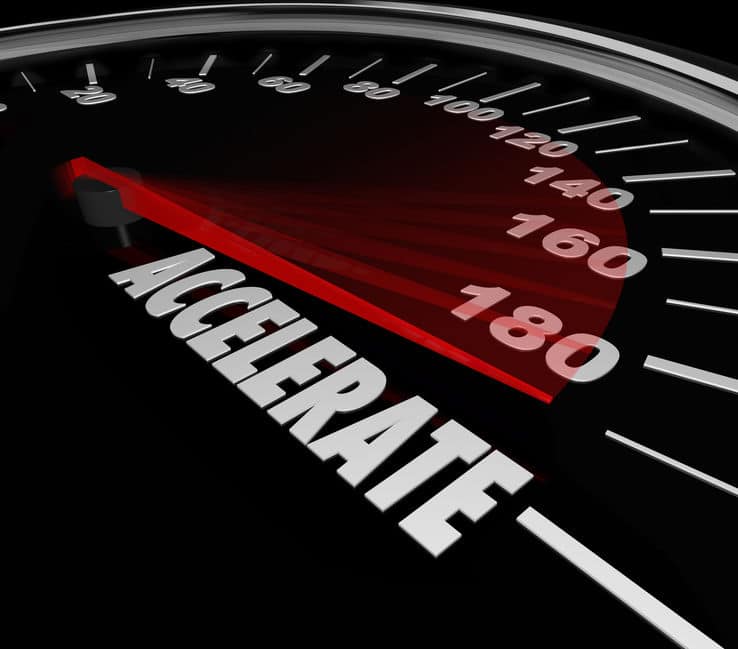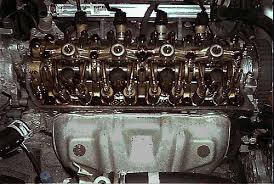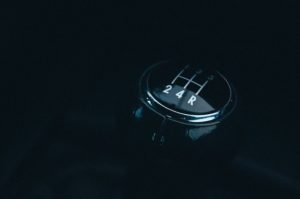
How to fix Rattling Noises When Accelerating
Vince here. Your vehicle is a complex piece of machinery. The engine in particular can make a bevy of noises as it sucks, compresses, and ignites the air-fuel mixture in the cylinder. The same can be said for the automatic transmission and suspension. But one of the most common complaints on older cars is a rattling noise when accelerating.
Read more about the types of suspension systems.
Rattling noises can either be a simple fix or an impending sign of a serious problem. In all honesty, it can be tricky to diagnose such a problem unless you bring the car to a certified mechanic.
But there are things you can check under the hood to find that annoying rattling noise as you accelerate the vehicle. In some cases the rattling noise might be caused by something mundane such as a loose heat shield in the exhaust manifold, or some other damage to the manifold. Just a few months ago I found and annoying clunk on my Dodge Ram that was caused from the plastic wheel well bouncing against the frame because it wasn’t fully secured!
Sometimes rattling noises might require serious engine repair.

How to Find Rattling Noises in the Car
The first step you need to take is to isolate the cause of the rattling noise. Does it occur only when accelerating the vehicle? Or is the noise prevalent even during idling or cruising? Is the rattling noise coming from the front or rear? By determining the source of the rattling sound, it will be easier to diagnose the fault.
Take a friend with you as you drive, preferably someone who knows a thing or two about cars. Open all the windows and turn off the radio. Find a nice and quiet place to drive to make the job easier. Step on the gas and accelerate slowly and wait for the rattling noise to occur.
Windows not opening? You could have a bad regulator or power window motor.
Possible Causes of Engine Rattling Noises When Accelerating
If you have an older car with a lot of miles on the odometer, rattling noises in the engine can be caused by the following problems:
1. Issues with the valve train

Do you hear rattling noises similar to the sound of clinking bottles when accelerating the vehicle? The noise is caused by a sticky valve train. Some experts even call this rattling noise as ‘carbon rap’ and is caused by worn or sticking valves and hydraulic lifters. Carbon rap is caused by premature ignition of the air and fuel mixture inside the motor. It can also be caused by dirty oil and using the improper fuel octane required for your vehicle.
If you confirm the rattling noise is caused by the valve train (the valve train is located on the top of the motor), check the condition of the motor oil. Better yet, change the oil and see if the problem is eliminated. It is also a good idea to confirm you’re using the right fuel with the right octane level. Check the owner’s manual. A car that requires 95 octane fuel should always be filled with the same type of gasoline. Using lower octane fuel will degrade engine performance and cause rattling sounds when accelerating.
If the problem doesn’t go away, you should also check the ignition timing and the EGR valve of the motor. Rattling sounds can also be caused by problems with the engine ECU or knock sensors in the engine. In worst cases, the hydraulic lifters and valves will need to be replaced, resulting in a mild overhaul or top overhaul of the motor. If you’re lucky a simple valve adjustment will suffice. When in doubt, it is still best to consult a professional mechanic.
Read more about replacing knock sensors
2. Transmission problems

This solution is ideal for vehicles equipped with automatic transmissions. Similar to the engine, the A/T will only run properly when filled with the right amount of transmission fluid. Rattling noises when accelerating can be caused by low fluid levels in the A/T. Open the hood and check the fluid level. If the car is running low on transmission fluid, refill the reservoir to the proper level. After doing this, start the car and take a short test drive to see if the problem goes away. If not, read on.
If you’re dealing with a really old car, the rattling noise is also a sign of a broken or worn out torque converter. The torque converter is located inside the transmission and relays the power of the engine to the driving wheels. If you also hear a faint rattling sound during idle, this signifies a damaged torque converter.
3. Damaged engine mounts
In the absence of serious engine and transmission problems, rattling sounds while accelerating can also be attributed to damaged engine mounts. The engine mounts are made of metal and rubber and are used to attach the engine in the engine bay while reducing engine vibrations. Clunking sounds when driving over potholes can also be caused by bad engine mounts.
The easiest way to check for broken engine mounts is to raise the vehicle and have it checked by an experienced mechanic. Luckily for you, this is not a serious and expensive problem. The mechanic will need to replace the engine mounts with a new part and your problem is solved! Take note: the transmission mounts will also cause rattling noises as they deteriorate.
4. Broken heat shields
Rattling noises when accelerating can also be attributed to broken heat shields. Depending on the make and model of your vehicle, heat shields are located in the exhaust manifold, in the exhaust piping underneath, underneath the gas tank, and in the rear end near the muffler. If the rattling noise is emanating underneath, it might be a sure sign of a broken heat shield or exhaust.
In certain cars like older Subaru’s and Toyota’s, the heat shields might rust in certain areas and cause moderate rattling sounds. Bring your car to a muffler shop and have it fixed immediately. Some problems can also be caused by loose heat shields, which can be fixed easily by a simple spot weld.
5. Worn out belt pulleys
Worn out or broken belt pulleys might be the culprits if there is a constant rattling sound as you accelerate the vehicle. The pulleys will spin faster as the engine speed increases. Damaged pulleys will also cause engine noises even at idling speed!
Park the vehicle and open the hood. Let a friend sit in the driver’s seat while he/she steps on the gas pedal to rev the motor. Check if the rattling sound is coming from the v-belt pulleys.